The Regional Comprehensive Economic Partnership (RCEP) is opening up great opportunities for Vietnamese goods in general and Thai Nguyen in particular in the journey of deep integration. However, along with opportunities are significant challenges in terms of standards, logistics and competitiveness of enterprises. In an interview with a reporter from the Industry and Trade Newspaper, Mr. Pham Van Tho, Director of the Department of Industry and Trade of Thai Nguyen province, shared about the results, challenges and directions for effectively exploiting RCEP in the coming time.
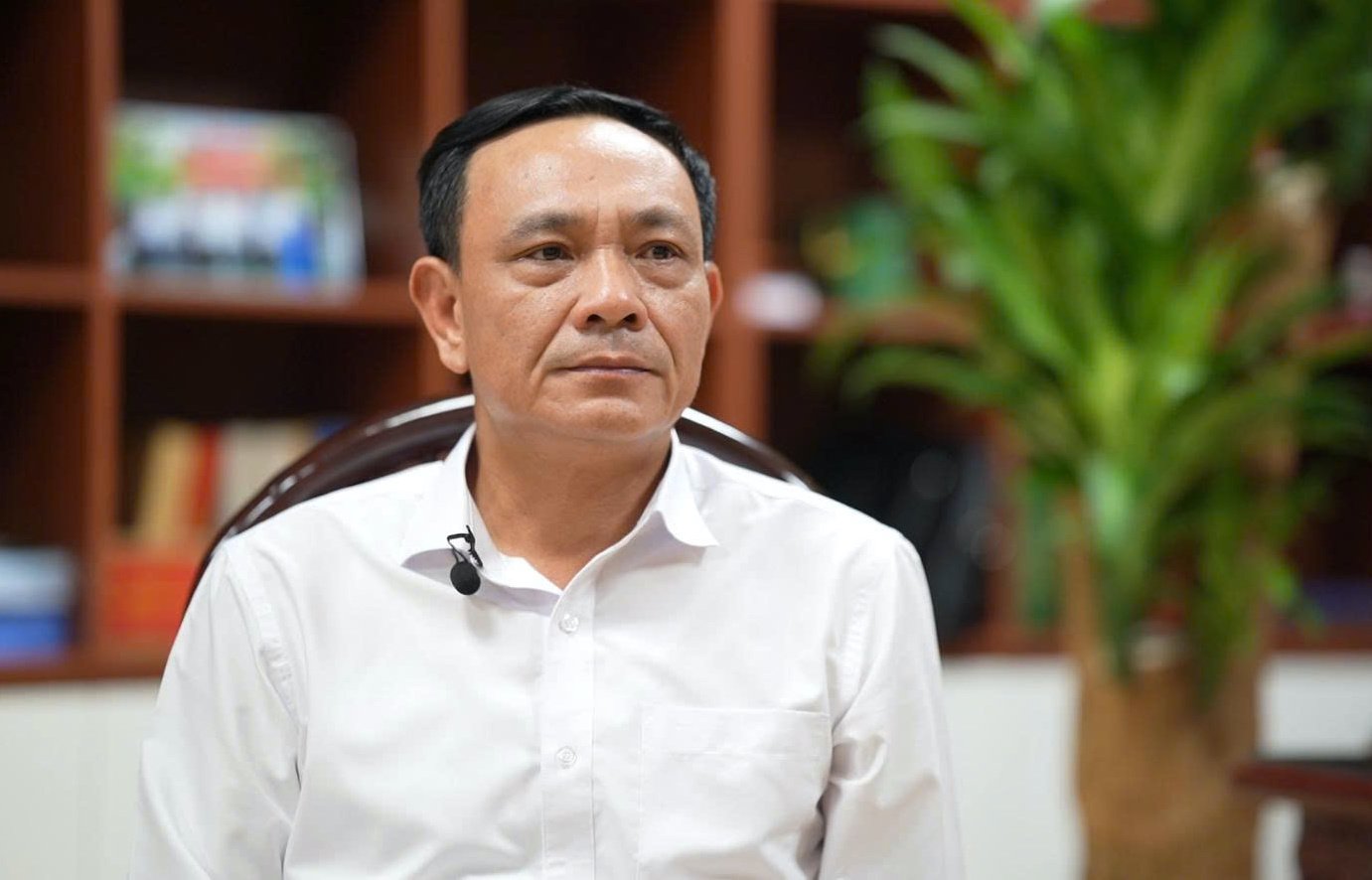
New momentum for trade
- Sir, after more than 3 years since the RCEP Agreement came into effect, what is the current implementation status in Thai Nguyen? Could you please share the specific results achieved in the province's trade and import-export activities?
Mr. Pham Van Tho: Along with the economic integration process of our country; in recent years, Thai Nguyen province has attracted large projects such as: Samsung Thai Nguyen High-tech Complex Project; Samsung Electro-Mechanics Vietnam Project; Vietnam High-end Shirt Fabric Factory; Dongwha Vietnam MDF Project; Hansol Vietnam Project; Project for research, development, business, production of electronic products and plastic products; Ket vina II Factory - Thai Nguyen; Project for investment in research, production and consumption of PVC floor tiles...
In the first 10 months of 2025, the total import-export value of the whole province is estimated at 42.6 billion USD; of which, the export value of goods is estimated at 25.9 billion USD, an increase of 7.3% over the same period in 2024.
The export value to the RCEP market alone reached 5.7 billion USD, accounting for 23.4% of the province's export value. The export items to the RCEP market are diverse, focusing mainly on mobile phones, tablets, laptops, products, machinery, equipment, components, accessories in the electronics sector, solar energy modules, products from fabrics, textiles, garments, fashion ; plastic floor panels, other products from plastics; wooden products; plywood, flooring.
The import value from the RCEP market alone reached 13.7 billion USD, accounting for 88.4% of the province's total import value; with the main items being products, machinery, equipment and components in the electronics sector, products, spare parts and components made of metal used for machinery serving the production of goods; products, supplies... made of plastic; products, supplies, raw materials from fabric, textile, garment, fashion; optical instruments such as frames and frames, eyeglasses, lenses; paper products such as stamps, labels, and labels of all kinds.
- As an advisory body and companion to the business community, what specific programs and activities has the Department of Industry and Trade implemented to support Thai Nguyen enterprises in accessing information, improving capacity and taking advantage of opportunities from RCEP, sir?
Mr. Pham Van Tho: Pursuant to Decision No. 01/QD-TTg dated January 4, 2022 of the Prime Minister on approving the Plan for implementing the RCEP Agreement; The Department of Industry and Trade has advised the People's Committee of Thai Nguyen province to issue Plan No. 50/KH-UBND dated March 28, 2022 on implementing the RCEP Agreement in Thai Nguyen province. Accordingly, the plan has assigned specific tasks to relevant departments, branches, sectors and organizations to fully implement and effectively exploit the RCEP Agreement in the province.
Departments, branches, sectors and related organizations proactively implement according to the functions of the sector and the scope of local management, concretizing into tasks associated with assigned political and professional tasks, including the following contents: Information and forecasts on import-export markets and domestic markets so that Thai Nguyen enterprises can promptly grasp information, technical requirements, and regulations on import-export management of goods of countries in the RCEP Agreement;
Promote trade and investment promotion programs, thereby developing trade relations and attracting foreign investment in key areas; Provide propaganda, guidance and legal support to enterprises in the investment and production and business process in accordance with legal regulations and commitments in the RCEP Agreement; Ensure the implementation of the consultation mechanism and collection of opinions from relevant parties in the process of policy and law making;
Advise the Provincial People's Committee to closely coordinate with the focal agencies on international economic integration under the Ministry of Industry and Trade, central ministries, branches and localities to ensure effective implementation of the Agreement;
Continue to promote administrative reform to create and consolidate a dynamic, democratic and modern administration; strongly apply information technology in administrative procedure reform, enhance the provision of online public services, and improve the provincial competitiveness index (PCI);
Implement social policies, including financial support policies, training, career conversion retraining; provide consulting services, job referrals, etc. to support workers when they lose their jobs due to businesses not being able to stand firm in the competition.
Promoting administrative reform, supporting business integration
- In addition to the opportunities, it is clear that the implementation of RCEP also poses many challenges. What specific difficulties and barriers are Thai Nguyen enterprises facing in the participation process, from procedures, rules of origin to competitiveness and ability to penetrate the regional market? How do you assess the readiness of enterprises?
Mr. Pham Van Tho: It can be said that RCEP opens up a large economic space, creating conditions for Vietnamese goods in general and Thai Nguyen goods in particular to penetrate deeper into the regional market. However, to turn opportunities into reality, local businesses are still facing many challenges.
First of all, there are limitations in information and market understanding. Each country in the RCEP bloc, from Japan, South Korea to Australia, New Zealand or China, has very different regulations, standards and business cultures. Many businesses in Thai Nguyen do not have full access to data on the needs, tastes and technical standards of each country, so building a suitable approach strategy is still confusing.
Another major barrier is technical and quality requirements. Developed markets in the RCEP bloc set strict standards on food safety, environment, labor, traceability and labeling. Meanwhile, most Thai Nguyen enterprises are small and medium-sized enterprises with limited production capacity, little capital, and outdated technology, making it difficult to obtain the necessary international certifications.
In addition, logistics and infrastructure costs are also significant bottlenecks. Thai Nguyen is a midland province, far from major seaports, causing high costs of transportation, storage, and preservation of goods. International logistics services are still lacking, businesses depend on intermediaries, reducing profits.
Another problem is human resources. Many businesses do not have a team that understands international trade law, negotiation skills or the ability to use cross-border e-commerce. Foreign languages, especially English and Chinese, are also barriers. Therefore, the ability to take advantage of tariff incentives in RCEP is still low, and businesses are not familiar with applying for certificates of origin (C/O) themselves.
- To help businesses in the province exploit more effectively the advantages of RCEP in the coming time, what recommendations and solutions does the Department of Industry and Trade have, sir?
Mr. Pham Van Tho: To help Thai Nguyen enterprises exploit more effectively the opportunities from the RCEP Agreement, the Department of Industry and Trade determined that there needs to be close coordination between the locality, the Central Ministries, branches and the Vietnamese Trade Office system abroad.
First of all, we recommend that the Ministry of Industry and Trade and relevant ministries and branches continue to support localities in analyzing and providing in-depth information on markets in RCEP countries, especially consumption trends, technical requirements and tastes of each product group. At the same time, we request support in building brands for Thai Nguyen's strong products in the regional market, regularly providing information on technical barriers and how to overcome them, helping businesses to be more proactive in export activities.
In addition, it is recommended that Vietnamese Trade Offices abroad continue to update the list of reputable import partners with demand for the province's key products such as electronics, mechanics, wood flooring, garments or organic tea. Organizing direct or online trade connection programs with businesses in the RCEP bloc is also a practical solution to help businesses expand their markets and seek sustainable cooperation opportunities.
On the local side, some solutions that the Thai Nguyen Industry and Trade sector will focus on implementing in the coming time include: Continuing to strengthen propaganda work on economic integration policies, including the RCEP Agreement; supporting the provision of information to contribute to raising awareness for businesses, changing business thinking towards the RCEP regional market, learning about the culture of countries in the RCEP regional market, business practices and sales thinking for consumers in countries with high quality requirements.
Encourage businesses in the province to boldly diversify research and develop products that the market needs, instead of focusing on limited quantities and products that are suitable to the culture, trends, and needs of the markets of countries in the RCEP region.
Along with that, coordinate with relevant agencies and units to continue promoting attracting investment projects to Thai Nguyen province in advantageous fields and industries to take advantage of opportunities from RCEP and other FTAs.
Thank you!
| RCEP includes 10 ASEAN member countries and 5 other countries: China, Japan, South Korea, Australia and New Zealand. This agreement was signed in November 2020 after 8 years of negotiations. This is the world's largest free trade agreement, creating a market accounting for nearly 30% of the world's population (about 2.2 billion people) and accounting for nearly 30% of global GDP. |
Source: https://moit.gov.vn/tin-tuc/thi-truong-nuoc-ngoai/thai-nguyen.html


![[Photo] The road connecting Dong Nai with Ho Chi Minh City is still unfinished after 5 years of construction.](https://vphoto.vietnam.vn/thumb/1200x675/vietnam/resource/IMAGE/2025/11/04/1762241675985_ndo_br_dji-20251104104418-0635-d-resize-1295-jpg.webp)
![[Photo] Ca Mau "struggling" to cope with the highest tide of the year, forecast to exceed alert level 3](https://vphoto.vietnam.vn/thumb/1200x675/vietnam/resource/IMAGE/2025/11/04/1762235371445_ndo_br_trieu-cuong-2-6486-jpg.webp)

![[Photo] Panorama of the Patriotic Emulation Congress of Nhan Dan Newspaper for the period 2025-2030](https://vphoto.vietnam.vn/thumb/1200x675/vietnam/resource/IMAGE/2025/11/04/1762252775462_ndo_br_dhthiduayeuncbaond-6125-jpg.webp)
![[Photo] Ho Chi Minh City Youth Take Action for a Cleaner Environment](https://vphoto.vietnam.vn/thumb/1200x675/vietnam/resource/IMAGE/2025/11/04/1762233574890_550816358-1108586934787014-6430522970717297480-n-1-jpg.webp)















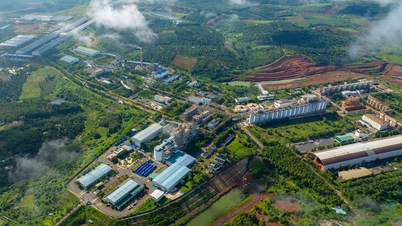
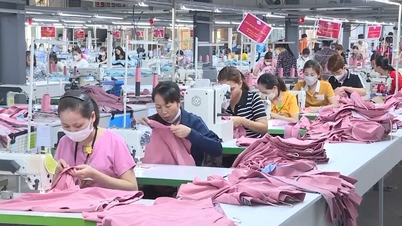
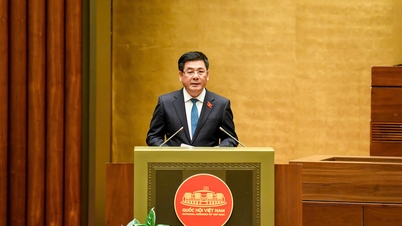
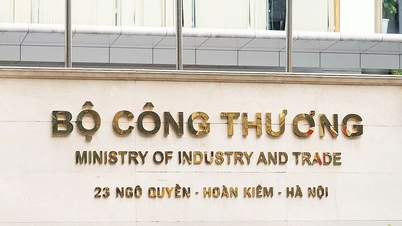




















































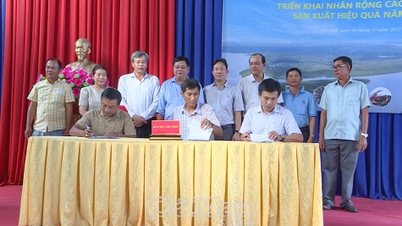
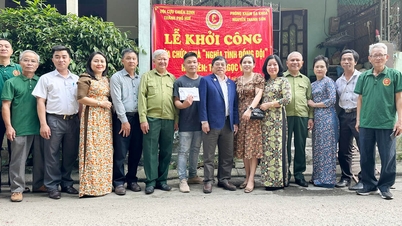
















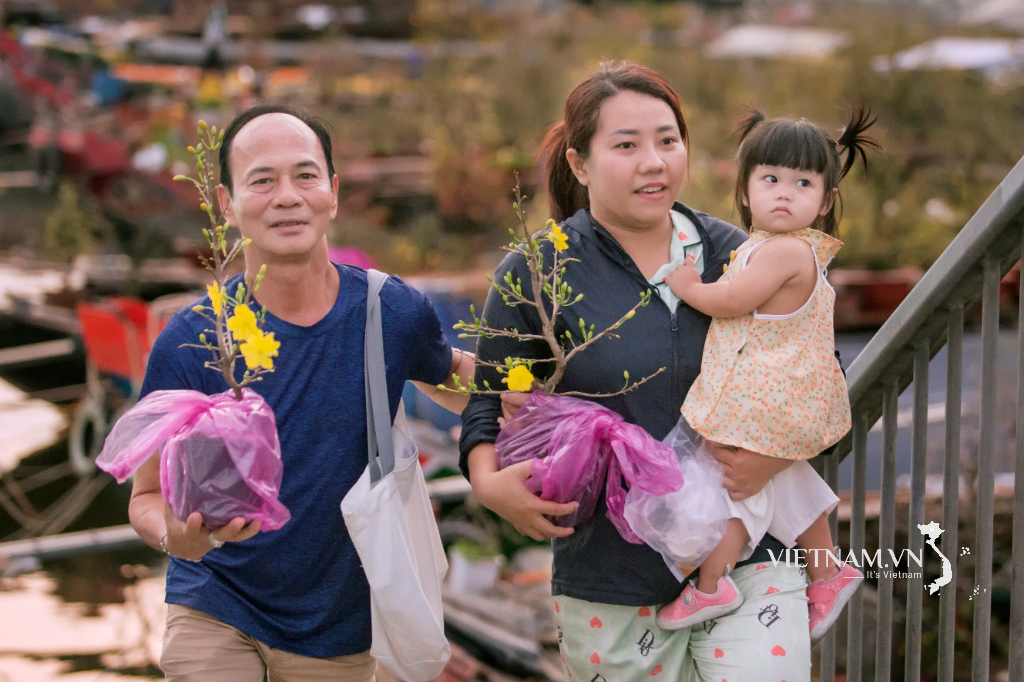

Comment (0)